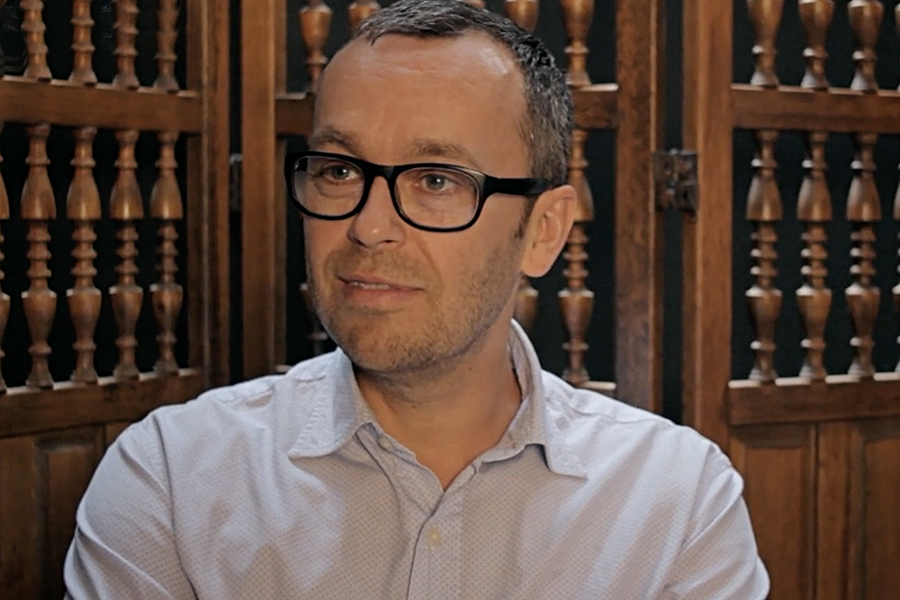I live and work in the crisis capital of the world: Hollywood, where people’s fortunes can turn on a dime. Early on in my own career as an actor, I experienced a heartbreaking setback (long story for another time), that taught me one of the most important lessons of my life: no matter how well you’re doing, a crisis will happen. So best to make a plan for dealing with it.
As an acting coach with a roster of A-listers as well as aspiring stars, that’s one of the fundamentals. You’ve got to have skin in the game to truly compete, but it had better be thick skin if you want to come out intact. How you survive a crisis — a rejection, a loss to a competitor, or a situation entirely beyond your control — depends on how you manage it. And the same goes for any field. Entrepreneurs, C-Suite execs, even new hires all have to be ready. And if you run your career like a business, which you should, you should have a crisis management plan too — something all smart businesses do.
It’s not a mystery, I can guarantee you that. But there are 5 simple yet powerful strategies that I’ve found are vital to handling a crisis:
1. Admit failure.
In the entertainment industry, failure can be far too obvious to gloss over: you don’t get the role you tried so hard for, your agent dumps you, a film you’re in is critically panned. In sports, it’s similarly transparent: you either win or lose. But other aspects of life can be less black and white. That’s when knowing how to recognize and admit a failure comes in handy. You can’t learn from a failure if you run away from it.
2. Get excited about a setback.
Why would anyone want to embrace failure? Because it’s a learning experience — and it often provides invaluable lessons that you can take with you through the rest of your life. Being afraid of failure stops you from growing and can block the creativity and natural instincts that enable you to perform at your best. That goes for any field. Being a true professional means eradicating your fear of making mistakes. And surprisingly to some, when you give yourself the freedom to mess something up, you are far less likely to do so.
3. Fail fast and move on.
My sister is a vice president of a large Canadian fashion company. She surprised me by telling me that they often encourage their staff to “fail fast.” Their strategic thinking is that if you are going to try something that could possibly fail, do it quickly — so that you get to the success sooner. The practice applies to everyone. When you fail fast, you can move on faster. So don’t hesitate. Practice the integrity of accepting responsibility and you will be amazed at how fast your good moral code rebounds to serve you in the most unpredictable and positive ways. Integrity brings integrity.
4. Practice risk management.
It’s your job to anticipate all the possible problems you could face in any given situation. Need some inspiration? Think sneakers and fast food. Anticipating upheavals or natural disasters could happen at the location of any one of their factories, so Nike operates more than one at once. If there’s a crisis at one, they can step up production at the other. McDonalds practices risk management when it comes to hamburger buns by making sure they have more than one source at any given time. Should there be any kind of quality control problems, they can easily adjust. If you’re prepared to tackle any possible problems that come up, you’re more likely to easily skate through. I tell actors going to auditions to prepare for anything — and in auditions, they’re ready.
5. Rebound with confidence.
What makes a great leader or a great actor — or a great team player — isn’t just skill, talent or discipline. It’s the ability to recover. I saw Hollywood do that when Covid-19 stopped the world in its tracks in March of 2020. It was one of the first industries to get back on its feet. Instead of second-guessing its own moves or focusing on the negative, the business came back to life with strict quarantine and testing measures. What do you have to do to be at your best again, quickly? Create a personal response plan for yourself and aim to bounce back fast.
A crisis can strike without warning. It can come from within your life, such as the death of a loved one, or outside of it, such as a company choosing to shut its doors or say goodbye to your whole department. Say a hit series you just landed gets cancelled, or a client you just successfully wooed has their own crisis and has to step away. Anything can happen. The goal isn’t avoiding a crisis altogether. It’s rapid resilience. Practice these 5 strategies, and you’ll find you have the flexibility, self-awareness, and the strength to recover fast. And then, get back on that stage.




































